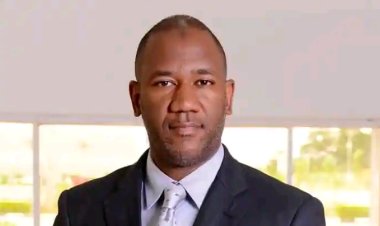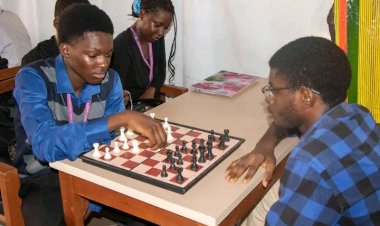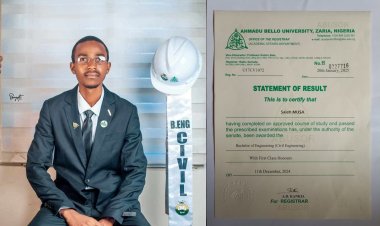UNILAG: Engr. Eniola, Dymphna Develop Innovative Control System Technology
Their innovative approach exemplifies the spirit of exploration and experimentation within the engineering community, driving forward progress and innovation in technology.
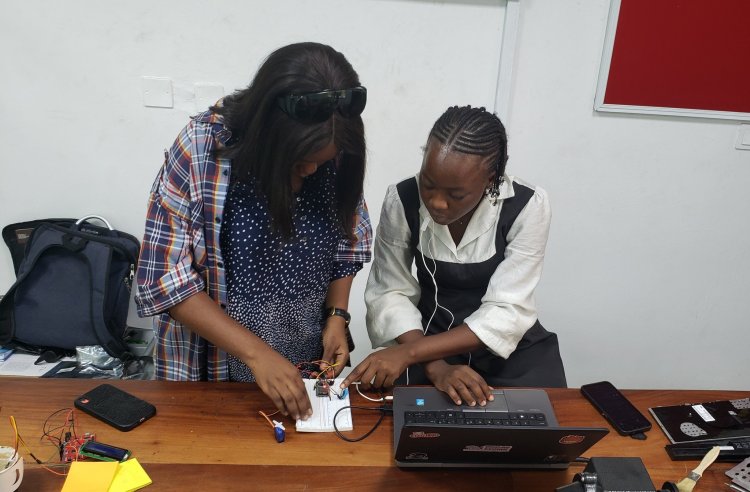
In a groundbreaking collaboration, engineer Eniola and a student, Dymphna, in the University of Lagos (UNILAG), have embarked on an exciting project that integrates cutting-edge technology into real-time applications. Their concept involves utilizing an ESP32 microcontroller to control servo motors through a web server, all programmed using the Arduino Integrated Development Environment (IDE).
RECOMMENDED: Maryville College Announces Prestigious Dan and Melanie Mays McGill Scholarship for Exceptional Students
The innovative system allows for remote control of servo motors, enabling them to perform various tasks in real-time. Applications range from practical uses such as opening windows or doors to more complex functions limited only by imagination and necessity.
The ESP32 microcontroller served as the central control unit, communicating with servo motors via the web server. This setup offered flexibility and accessibility, as users can interact with the system remotely through a web interface.
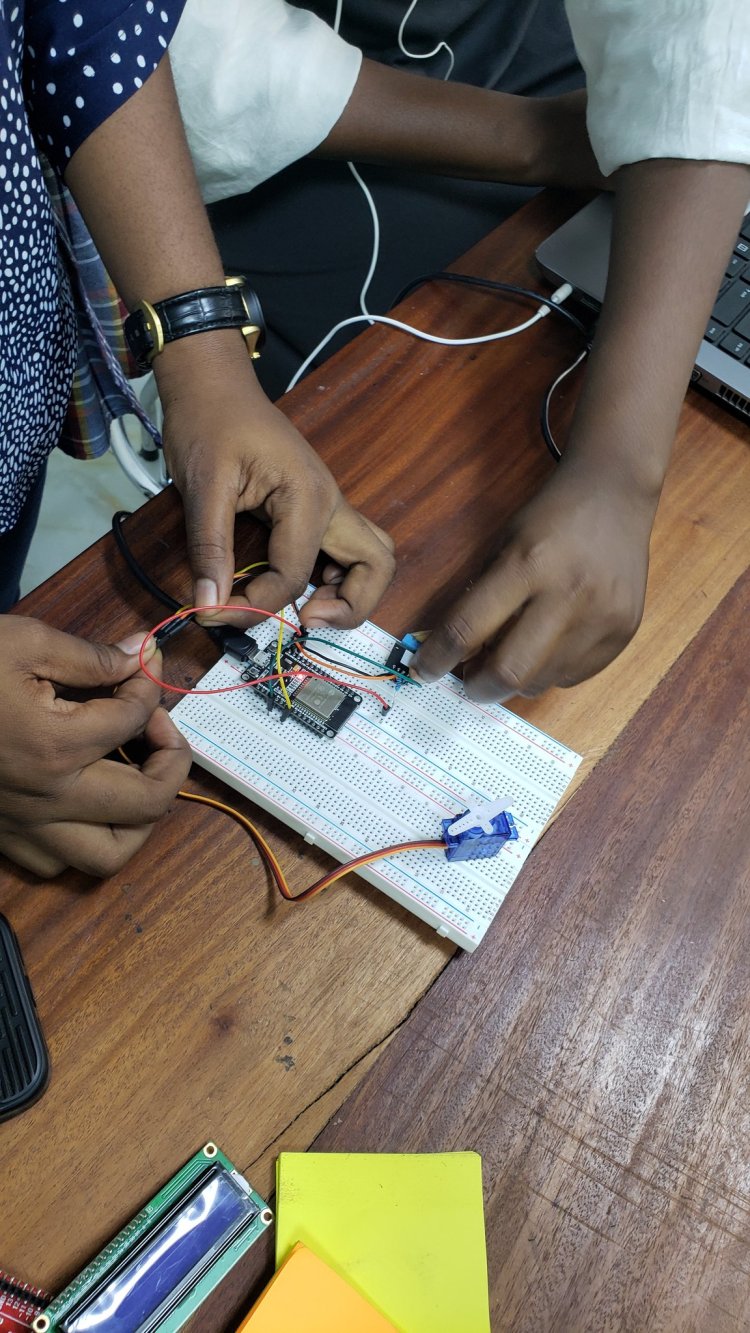
Engr. Eniola and Dymphna's project showcases the potential of integrating IoT (Internet of Things) technology into everyday devices, enhancing functionality and convenience. By harnessing the power of the ESP32 microcontroller and Arduino IDE, they have created a versatile platform for controlling servo motors with ease.
SUGGESTED: Nigerians React to Student Academic Journey and Scholarship Opportunities Abroad
The implications of their work extend beyond personal projects, with potential applications in various industries, including home automation, robotics, and IoT-enabled devices. As the project progresses, Eniola and Dymphna aim to refine their system and explore additional functionalities to further expand its capabilities.
Their innovative approach exemplifies the spirit of exploration and experimentation within the engineering community, driving forward progress and innovation in technology. As Eniola and Dymphna continue to refine their concept, the potential for real-world applications of their system remains vast and promising.

 Zita Ezechi
Zita Ezechi 
